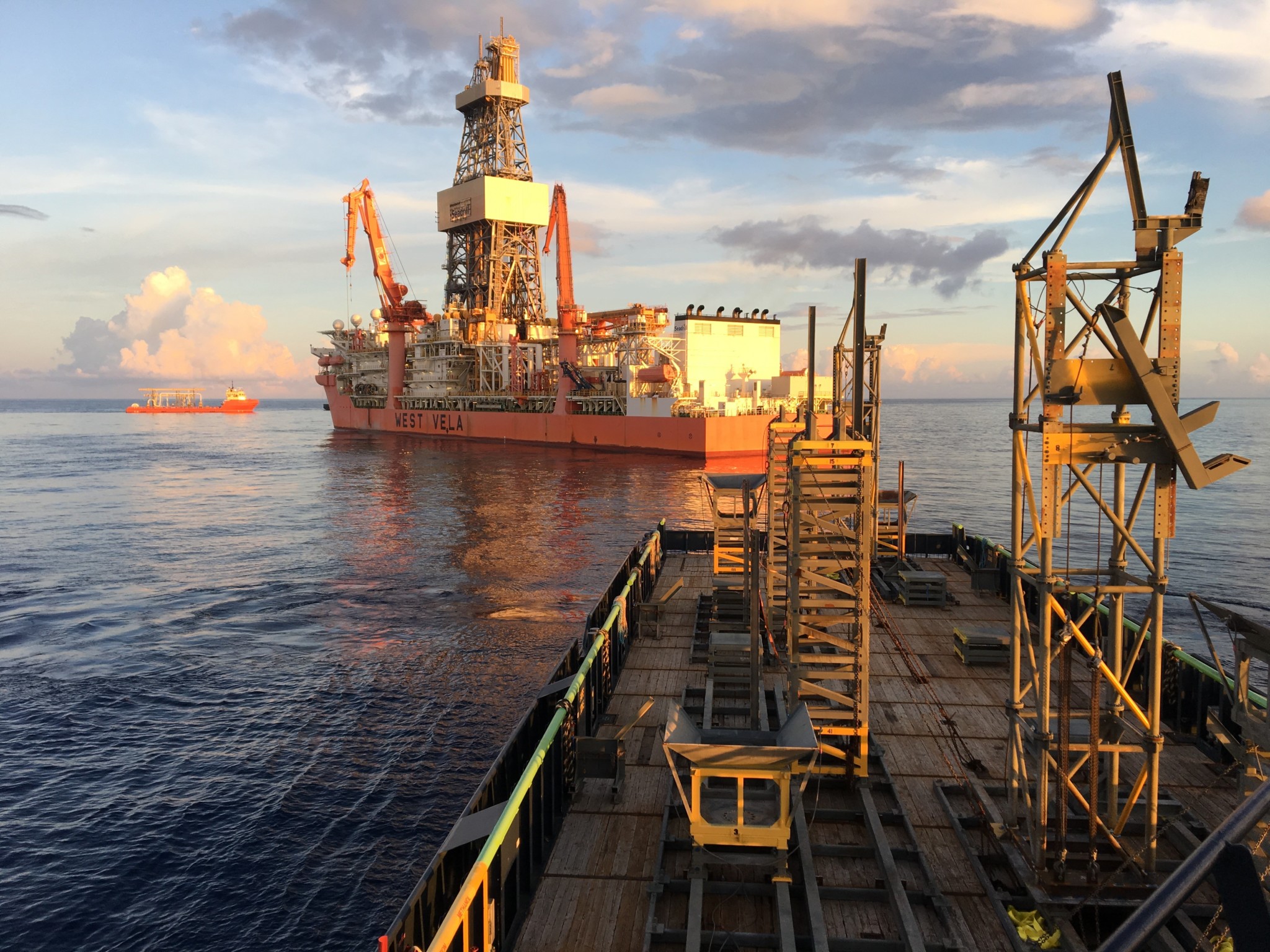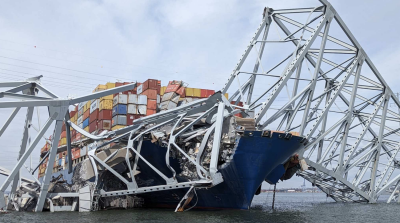BP announced that it has started up the Thunder Horse Northwest Expansion project in the deepwater Gulf of Mexico four months ahead of schedule and 15% under budget.
This is the fourth Upstream major project to begin production for BP globally so far this year, following seven that started up in 2017 and six in 2016. BP expects that new projects beginning production between 2016 and 2021, part of its strategic focus on growing gas and advantaged oil production, will provide it with 900,000 barrels of oil equivalent a day (boe/d) of new production by 2021.
“Our business in the Gulf of Mexico demonstrates our Upstream strategy in action. Leveraging our world-class position and facilities, we are bringing new barrels online rapidly and efficiently, and uncovering more opportunities nearby," Bernard Looney, BP’s Upstream chief executive said in a prepared statement. "We are focused on growing value and these projects in the Gulf are competitive with any opportunities we have worldwide. This is what we mean by growing advantaged oil.”
The new project is expected to boost production at Thunder Horse by an estimated 30,000 boe/d at its peak, taking gross output at one of the largest oil fields in the Gulf of Mexico to over 200,000 boe/d. Originally planned for start-up in early 2019, the project is the latest sign of BP’s continued momentum in the U.S. offshore region.
“This latest expansion of Thunder Horse is another important milestone in our efforts to maximise value from our assets in the Gulf,” said Starlee Sykes, regional president of BP’s Gulf of Mexico and Canada business. “Over the past five years we’ve driven up production through safe and reliable operations and bringing on new deepwater projects in a more efficient and standardized way. All this hard work is now delivering results. Our Gulf of Mexico business is thriving.”
The project, which achieved first oil just 16 months after being sanctioned, adds a new subsea manifold and two wells tied into existing flowlines two miles to the north of the Thunder Horse platform.
It comes after two other major field expansions at Thunder Horse in recent years. In 2017, an expansion of Thunder Horse’s south field — a four well tie-back to the floating hub — boosted gross production at the field by over 50,000 boe/d. The year before, BP started up a major water injection project at Thunder Horse to further enhance oil production at the field.
Developed with partner ExxonMobil, the Thunder Horse platform sits in more than 6,000' of water and began production in June 2008. It has the capacity to handle 250,000 gross barrels of oil and 200 million gross cu. ft. of natural gas per day.
In the deepwater Gulf of Mexico, BP operates four large production platforms — Thunder Horse, Atlantis, Mad Dog and Na Kika — and holds interests in four non-operated hubs — Mars, Olympus, Ursa and Great White.
Over the last five years, BP’s net average daily production in the Gulf of Mexico has increased from under 200,000 boe/d in 2013 to over 300,000 boe/d and is set to grow further with the addition of the Mad Dog Phase 2 platform in 2021 and other upcoming projects.





